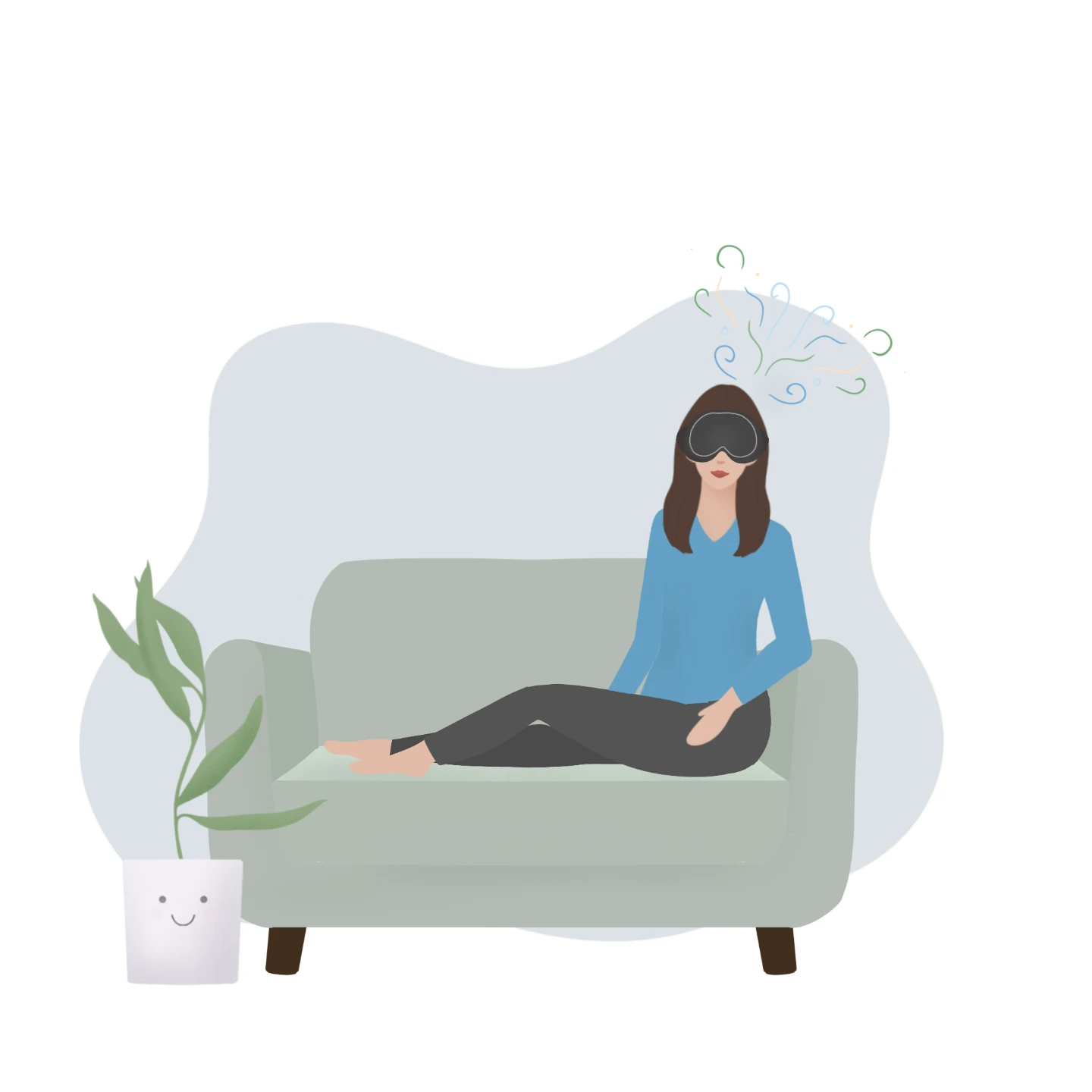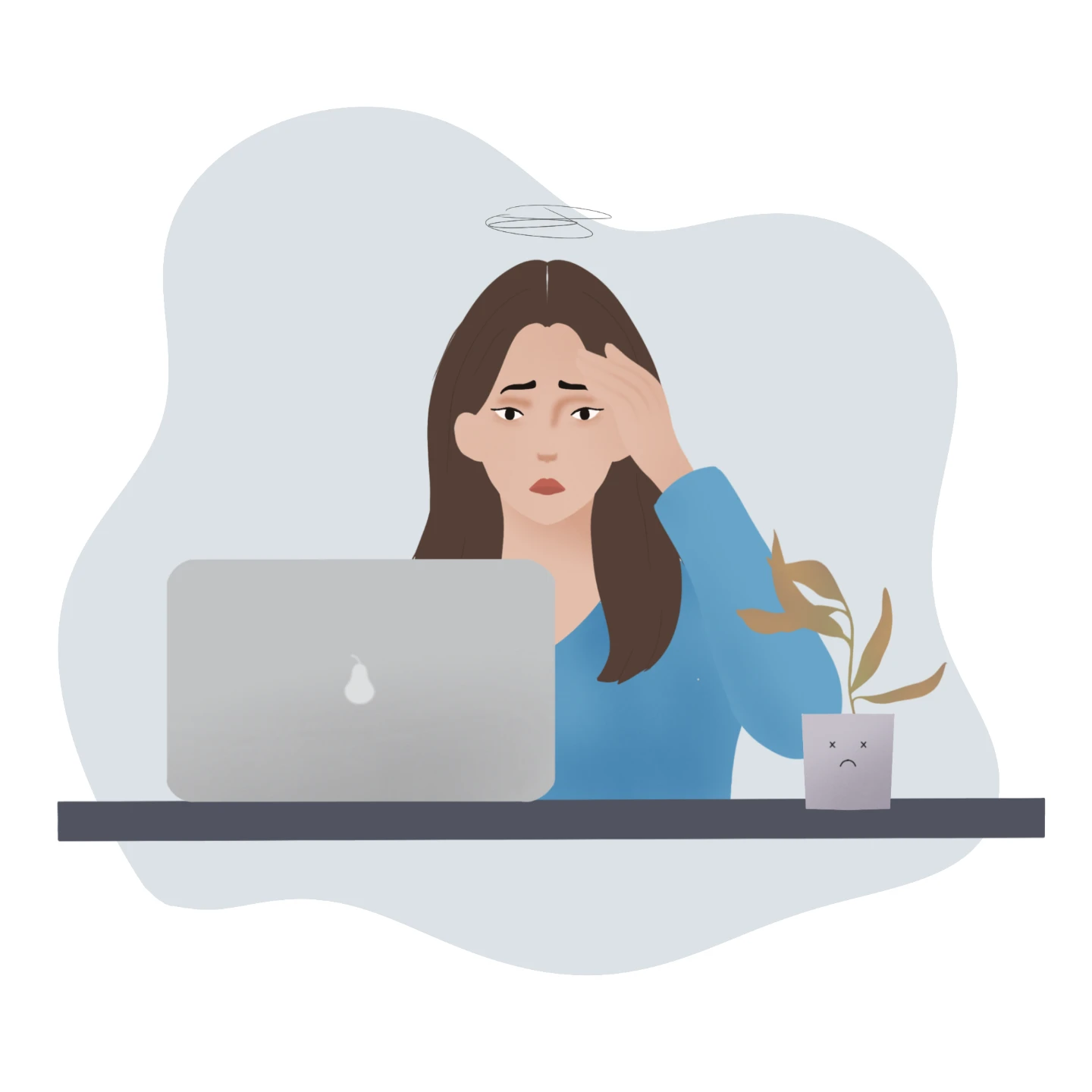innovative method of psychotherapy
innovative method of psychotherapy
Stress is a psychological and physiological response to difficult or threatening situations or events. According to neuroendocrinologist and Stanford University professor Robert Sapolsky, “a stressor is anything in the external world that throws you out of homeostatic balance”. Stress can come from a variety of sources, including work, relationships, financial problems and even everyday activities. It can be caused by long-term challenges such as a demanding job or difficult personal situation, or it can be triggered by sudden events such as a natural disaster, war or even a road accident. The effects of stress can vary from person to person and some common symptoms include fatigue, headaches, muscle tension and sleep difficulties. In some cases, chronic stress can also lead to more serious mental and physical health problems, such as high blood pressure, heart disease, anxiety or depression.

Due to the current fast pace and living conditions of modern society, stress has become a common problem that affects millions of people. Mental health and stress management are essential components of overall wellbeing. In today’s dynamic society, it is easy to get caught up in the hustle and bustle of life and neglect our mental and emotional needs. It is important to remember that taking care of mental health is just as important as taking care of physical health.
According to the World Health Organisation (WHO), around 970 million people worldwide (1 in 8 people) suffer from mental illness, the most common of which are anxiety disorders and depression. Substance abuse disorders are also common, affecting millions of people worldwide. The constraints and uncertainty caused by the outbreak of the COVID-19 pandemic in late 2019 and the Russian-Ukrainian war in February 2022 have taken a toll on the mental health of the general public. Due to the COVID-19 pandemic, the number of people suffering from anxiety and depressive disorders increased significantly in 2020. Preliminary estimates indicate a 26 per cent and 28 per cent increase in anxiety disorders and major depressive disorder, respectively, in just one year.
Population groups particularly at increased risk of mental health problems include children and adolescents, older people, women, minority groups, people of low socio-economic status and people with disabilities. These groups face unique stressors such as rapid change during development, loss of loved ones, discrimination, balancing work and family responsibilities, limited access to resources, stigma and discrimination. It is important to note that mental health problems can affect anyone, regardless of their social background or identity. It is important that people seek help and support to cope with mental health problems.

To manage stress, it is essential to take steps to manage physical and emotional wellbeing. This can take the form of regular exercises to work on oneself, maintaining social contacts and seeking professional help where necessary. Mindfulness training, deep breathing and other relaxation techniques can be useful in reducing stress levels. Other research-proven methods for managing stress include art therapy, chromotherapy, forest therapy and virtual reality technology. VR is a simulated 3D environment in which users can experience, look around, move around inside and even interact using a specialised headset and external sensors and controllers. Virtual reality can be a cheap and convenient alternative to traditional stress management techniques, making it accessible to a wider range of people.
A study conducted by Tohoku University’s Smart-Aging Research Centre found that virtual reality (VR) technology can be used to provide an engaging exercise experience and can provide the same benefits as physical exercise. The study found that through the use of virtual reality (VR) technology, individuals experienced a decrease in stress levels, as measured by a reduction in a stress-related biomarker in saliva. In addition, study participants also reported a reduction in anxiety levels.
In the age of today’s technology, the mere fact of pervasive stress does not necessarily mean a one-way street of downs and ups when using natural methods. Virtual reality used successfully in other fields and supporting people to improve their quality of life offers hope for facing the difficult road of dealing with emotions and the need to improve the professional workshop of the psychological community.
© 2024 ZUBA sp. z o.o.


